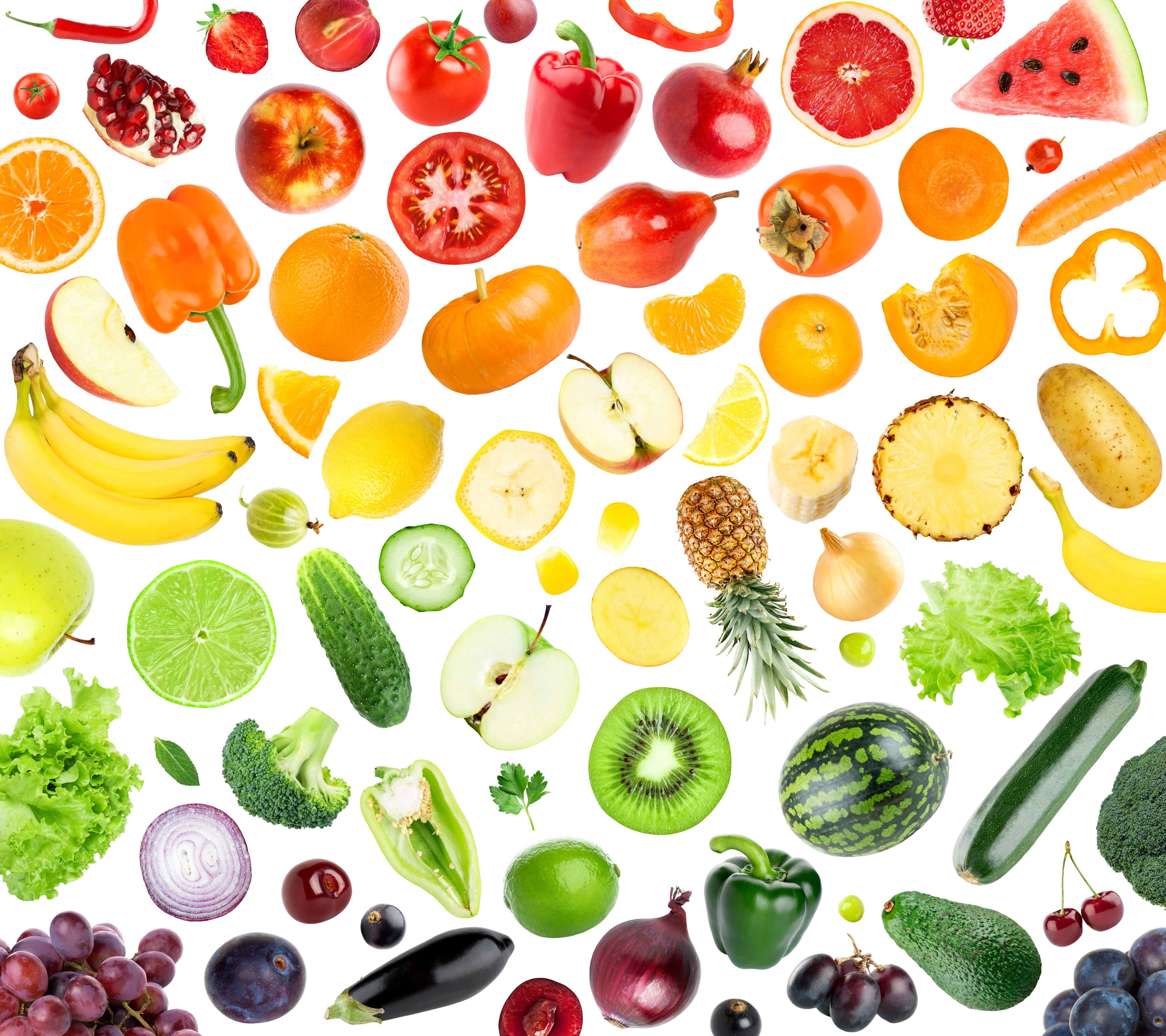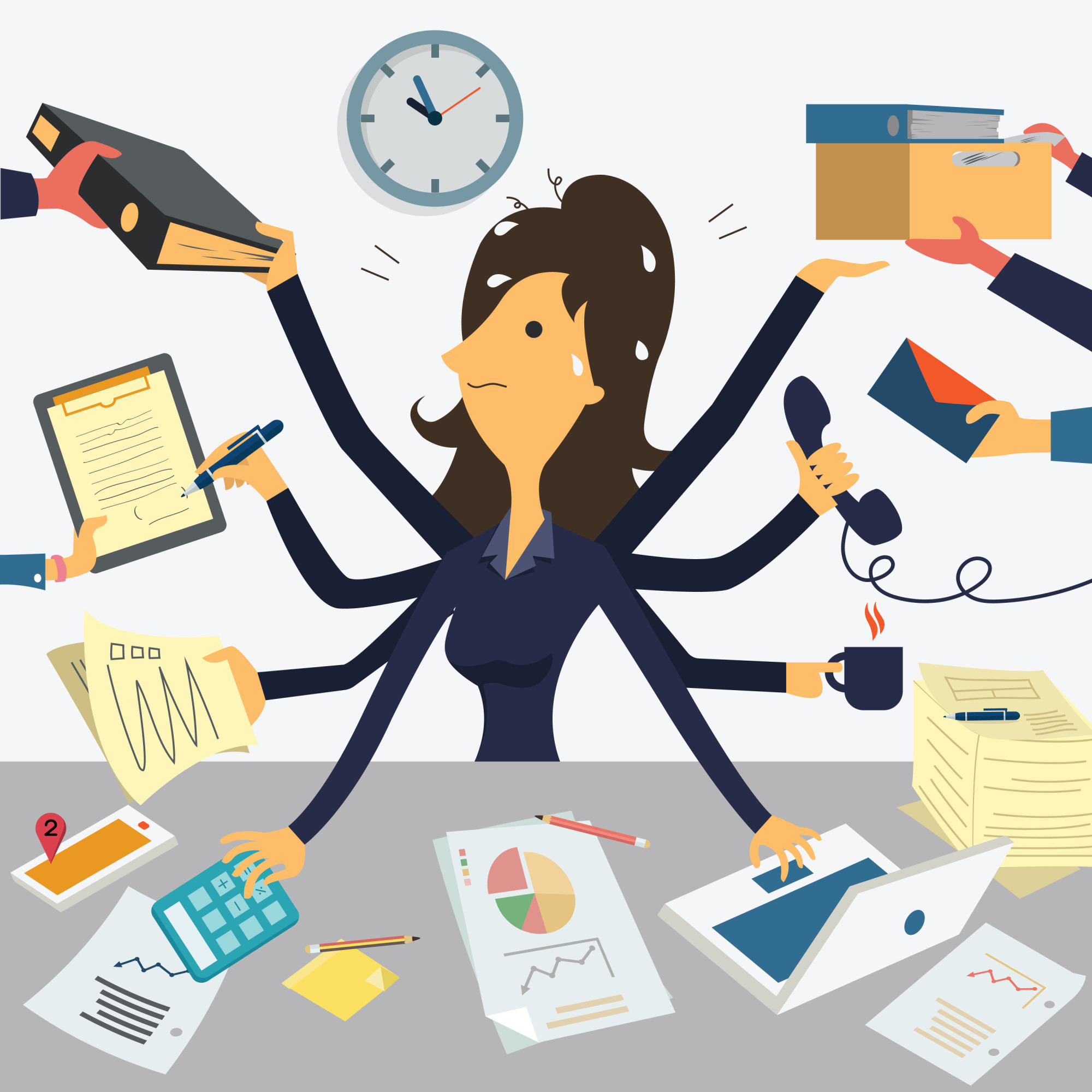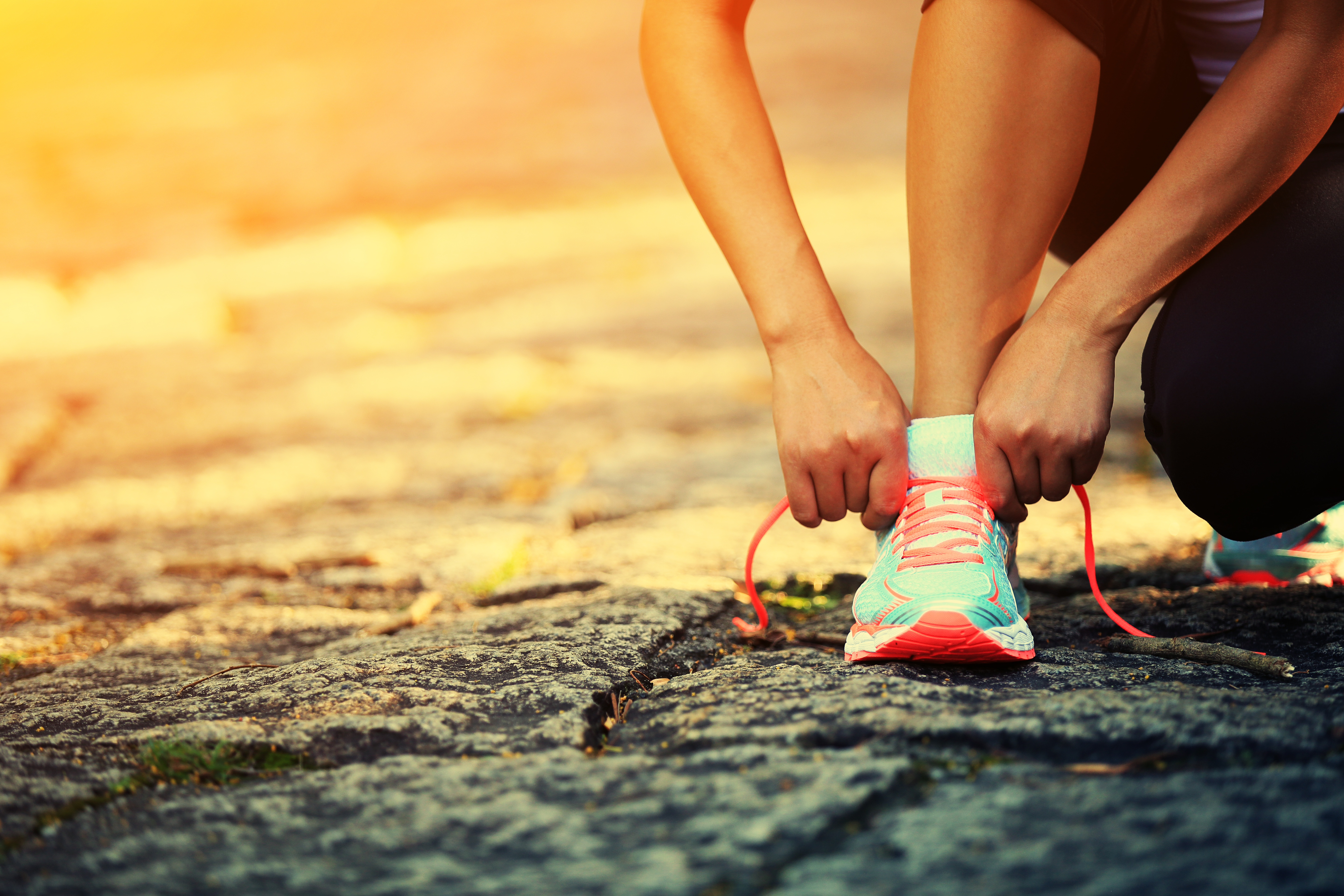Rumination tends to be very common among my high achieving female clients. It happens when they get caught up in self-blame and then steer themselves onto the rocks over mistakes or shortcomings. As a result, too many women lose a lot of emotional energy to feeling bad.
Whether we are aware of it or not, we have hundreds of emotional experiences over the course of a single day. Those emotional experiences are driving you up or driving you down, impacting your behaviour, your choices and therefore your results. That’s why it’s important as high performers to understand and be able to interpret the story that’s being told by our emotions.
Yet most of us struggle with emotional intelligence because we identify the ability to suppress and minimize our feelings with strength. We become experts in not feeling what we feel. We put our game face on, white knuckle it and get through but it’s surface acting. The more there is a contrast between what we express and what we actually feel, the more complicated and heavy our state of mind becomes.
In high performance coaching, I use a form of emotional intelligence that helps my clients identify the emotion, unpack the beliefs that have triggered those emotions and get beyond their autopilot responses so that they can respond in a way that is in alignment with their deeper values. It’s not “positive thinking,” which is often used to gloss over and avoid painful feelings. This is being aware and accepting of all our emotions and understanding that our greatest insight and learning comes from the difficult ones.
Emotional intelligence is a high performance habit that takes time to develop but the starting point is self-awareness. You can’t change what you don’t know is there. Awareness begins with creating the mental space to notice uncomfortable thoughts and feelings rather than getting hooked into them. This is the first step to developing the beginning skill of observer where we start to see the difference between us and our monkey mind thoughts. This awareness is gold because it’s what leads to emotional mastery and gets you in the driver’s seat of your life in every lane of performance.







